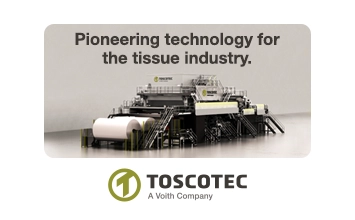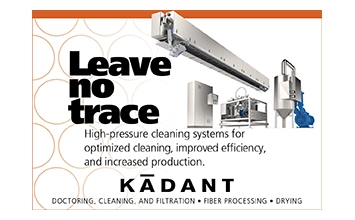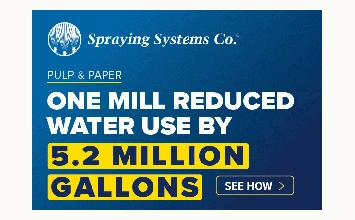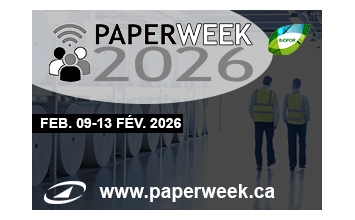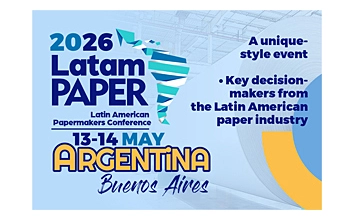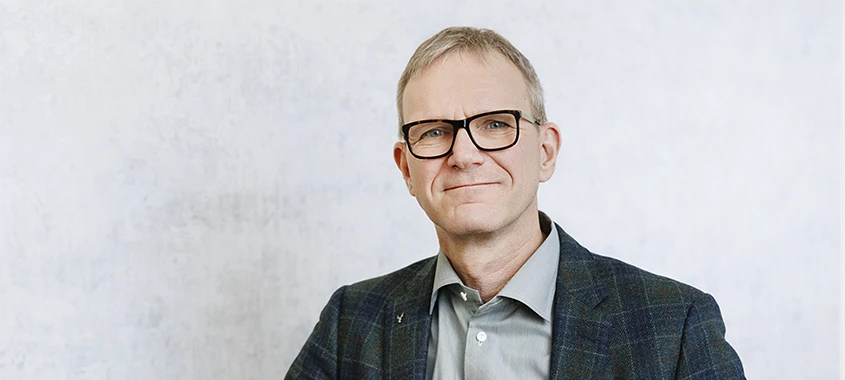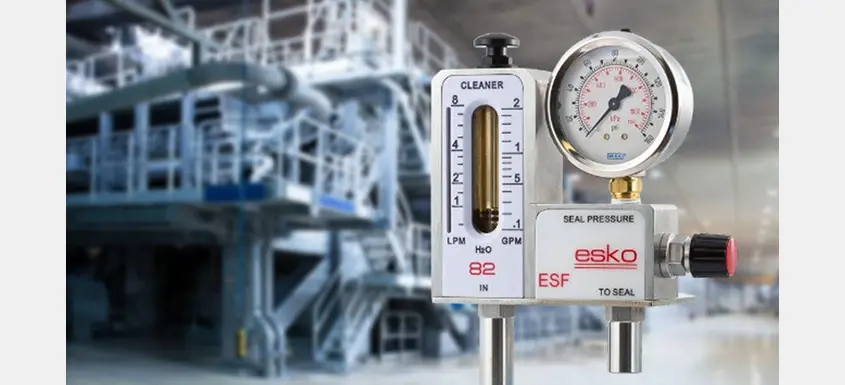This year, Veracel, the joint pulp operation of Stora Enso and Suzano in southern Bahia, Brazil, celebrates two decades of pulp production.
Since beginning operations in 2005, Veracel has evolved into one of the most efficient and sustainable pulp producers in the world, combining industrial strength with a deep commitment to environmental and social responsibility.
"Veracel is much more than a pulp producer," says Roy Antink, SVP Sustainability at Stora Enso and a member of Veracel’s board. "It empowers communities, restores biodiversity, and supports our transition to renewable packaging solutions."
A Strategic Asset in Renewable Materials
Veracel’s operations are vertically integrated—from fast-growing eucalyptus plantations to advanced production facilities and efficient logistics. With short rotation cycles and an average transport distance of just 60 km from forest to mill, the company delivers high-performance eucalyptus fiber with minimal environmental impact.
This fiber complements Stora Enso’s Nordic base, providing flexibility and supply security for the packaging and tissue segments. Veracel’s joint governance model, involving both owners at multiple levels, supports unified decision-making and operational alignment.
"It doesn’t feel like two companies owning a stake—it feels like one team," says Antink. "That unity translates into smarter decisions and stronger outcomes, especially in a complex and diverse region like Bahia."
Long-Term Commitment to Communities and Ecosystems
Operating across 11 municipalities, Veracel maintains continuous engagement with Indigenous peoples, traditional communities, and rural workers. Its social programs prioritize long-term impact, supporting local livelihoods through training, entrepreneurship, and sustainable land use.
Among its initiatives, Veracel has supported the development of essential oil production from native plants and community-based beekeeping projects, helping families generate income while promoting biodiversity.
"Veracel works through structured partnerships, not handouts,” Antink emphasizes. “It’s about creating lasting, dignified livelihoods.”
The company also adheres to a 1:1 land-use commitment, conserving one hectare of native Atlantic rainforest for every hectare of eucalyptus planted. In 2024, Veracel signed an agreement with Biomas to restore 1,200 hectares of degraded land, backed by a 100-year conservation commitment linked to future carbon credits.
"Our aim with this initiative is to show that biodiversity restoration can be both scalable and economically viable," says Antink.
A Platform for the Future
As Veracel marks its 20th anniversary, it remains a cornerstone of Stora Enso’s long-term strategy to provide renewable, fiber-based materials. Operating in a region rich in biodiversity and social complexity, the company continues to balance productivity with purpose.
"Sustainability isn’t an add-on for Veracel, it’s part of the business model," Antink concludes.
For Stora Enso, Veracel is not only a success story from the past two decades—it’s a foundation for building the circular bioeconomy of the future.
More information: Veracel




